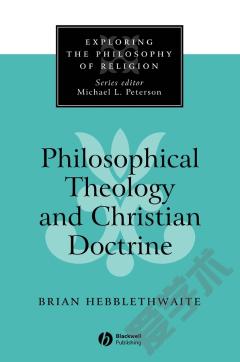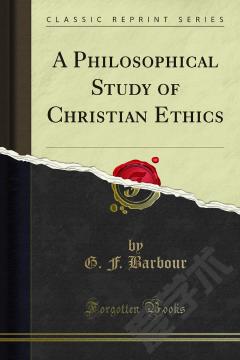Philosophy in Christian Antiquity
Christianity began as a little-known Jewish sect, but rose within 300 years to dominate the civilised world. It owed its rise in part to inspired moral leadership, but also to its success in assimilating, criticising and developing the philosophies of the day, which offered rationally approved life-styles and moral directives. Without abandoning their allegiance to their founder and to Holy Scripture, Christians could therefore present their faith as a 'new philosophy'. This book, which is written for non-specialist readers, provides a concise conspectus of the emergence of philosophy among the Greeks; an account of its continuance in early Christian times, and its influence on early Christian thought, especially in formulating the doctrines of the Trinity and the Incarnation; and finally a brief critical assessment of the philosophy of St Augustine - arguably the greatest philosopher of the first millennium.
{{comment.content}}








 京公网安备 11010802027623号
京公网安备 11010802027623号